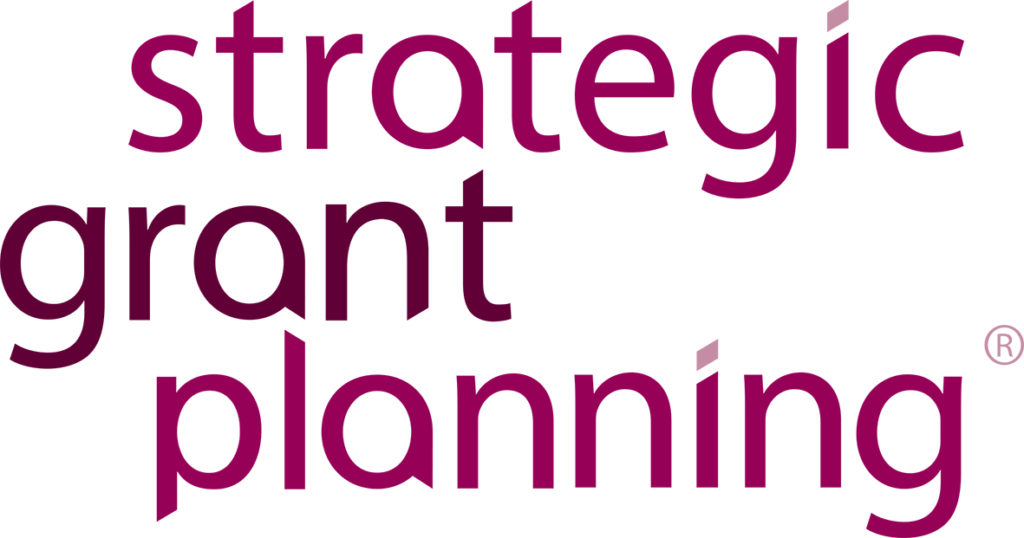Strategic Grant Planning – finding the needle in the haystack
12th December 2019 at 2:31 pm
The calls for the final year of Horizon 2020 are published and are ready for proposals. A lot can still happen in a year and Horizon 2020 still has €11 billion budget remaining to be granted to individual and collaborative projects researching anything from fundamental to applied research. Here is how the budget for 2020 breaks down in details and some examples below:
- €206 million for projects to transform sectors that are
traditionally energy intensive into competitive, low-carbon and circular
industries and to significantly lower their environmental footprint - €132 million will support the development and production in Europe
of the next generation of batteries, as part of the drive towards a
low-carbon, climate-resilient future - Ten new topics on plastics with a total budget of €135 million contribute in different ways to the EU Plastics Strategy
- Artificial intelligence, which is at the core of today’s most
promising breakthroughs, has a budget of €396 million and €116 million
is earmarked for developing new capabilities for fighting and preventing
cybercrime
Other funding schemes than H2020.
What may seem as an excellent opportunity to receive funding for a research project at first glance becomes slightly more complex when considering how competitive Horizon 2020 calls can be. This is where other funding schemes, besides Horizon 2020, come into play. Many of these are looking for a more specific type of project and thus the chances of success are commonly higher if your idea meets the demands. Funding schemes such as ERA-NETs, EUREKA, and specific programmes such as LIFE (environment and climate actions), Erasmus+ (schemes for education, training, youth and sport) and many others might offer a better opportunity and a higher chance of success for your idea.
However, with so many funding schemes many researchers and innovators face the dilemma of having to choose between spending their time and resources on writing a proposal for a suitable call or on finding the right funding opportunities for their research increasing the chance of success. After all, there are potentially thousands of documents to read to find the most appropriate call topics. That is why we launched Strategic Grant Planning (SGP). With this service, accelopment will help you navigate through relevant funding programmes, identifying opportunities and developing a strategic and operational action plan for your project ideas.
What strategic grant planning will provide you.
Our strategic grant planning will provide you with the key facts on the most promising funding schemes tailor-made for your research ideas and resources available as well as a timeline covering upcoming submission deadlines. The strategic grant planning process works as follows:
- Based on your research priorities, we will create a list of relevant funding opportunities at the European level.
- This list will include call details such as deadlines, success
rates, proposal page numbers, funding estimation and usual consortium
size. - We will then plan a meeting to discuss the most suitable
opportunities and set up time plans to ensure an efficient use of
resources for the application process.
Your benefits.
Besides freeing up time otherwise spend researching funding opportunities, the strategic grant planning will also help you increase your efficiency when it comes to proposal writing by getting to know you and how you work and gaining a deeper insight into your research and expertise. Our strategies have proven to be successful, as can be read in the testimonials of Dr Colin Clarke, Principal Investigator at the National Institute for Bioprocessing Research and Training in Ireland, Kostantin Lutze, Chief Technology Officer at HSE AG, and Dr Filiep J Vanpoucke, Head of Algorithms and Application in the Advanced Innovation department at Cochlear Benelux NV.

